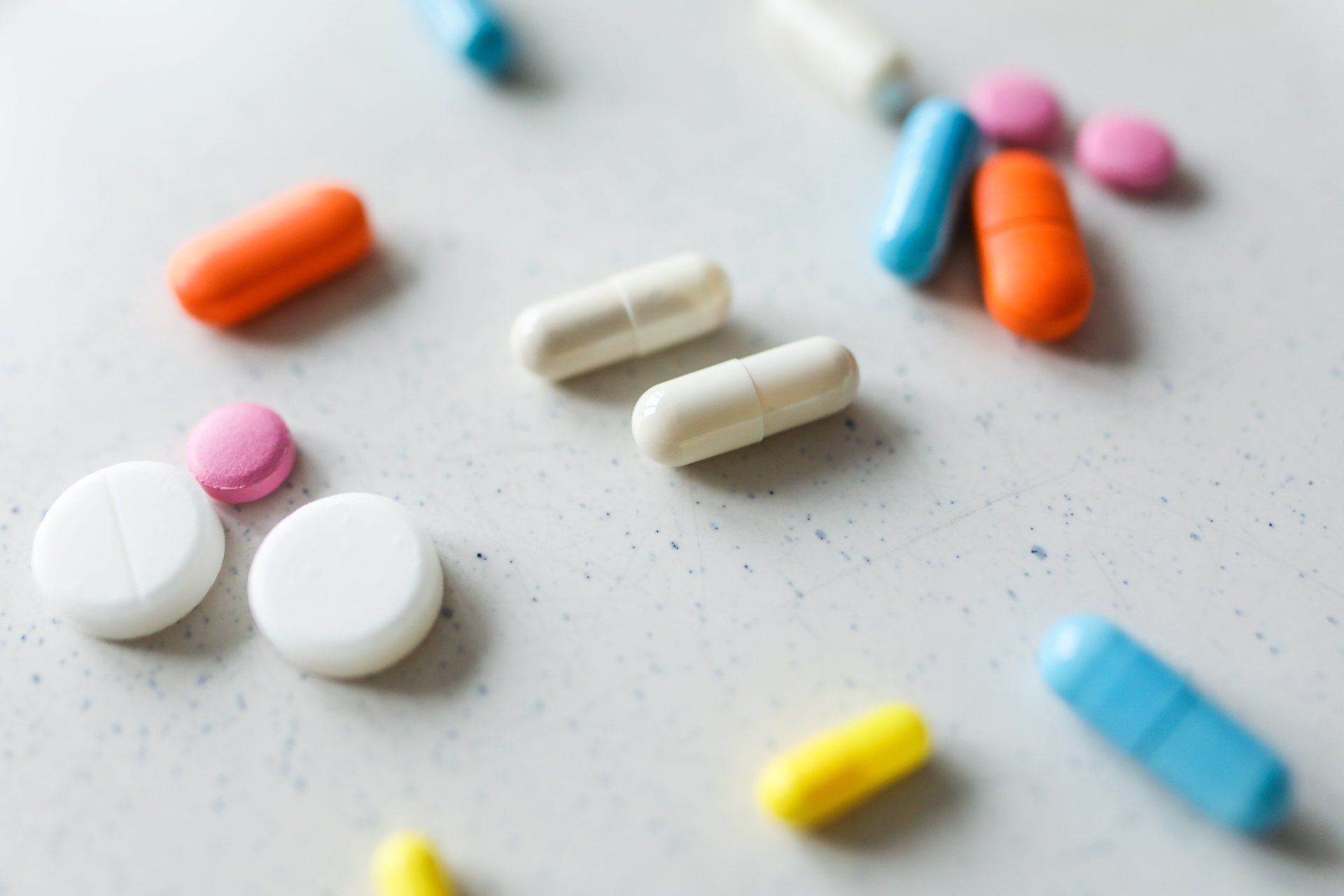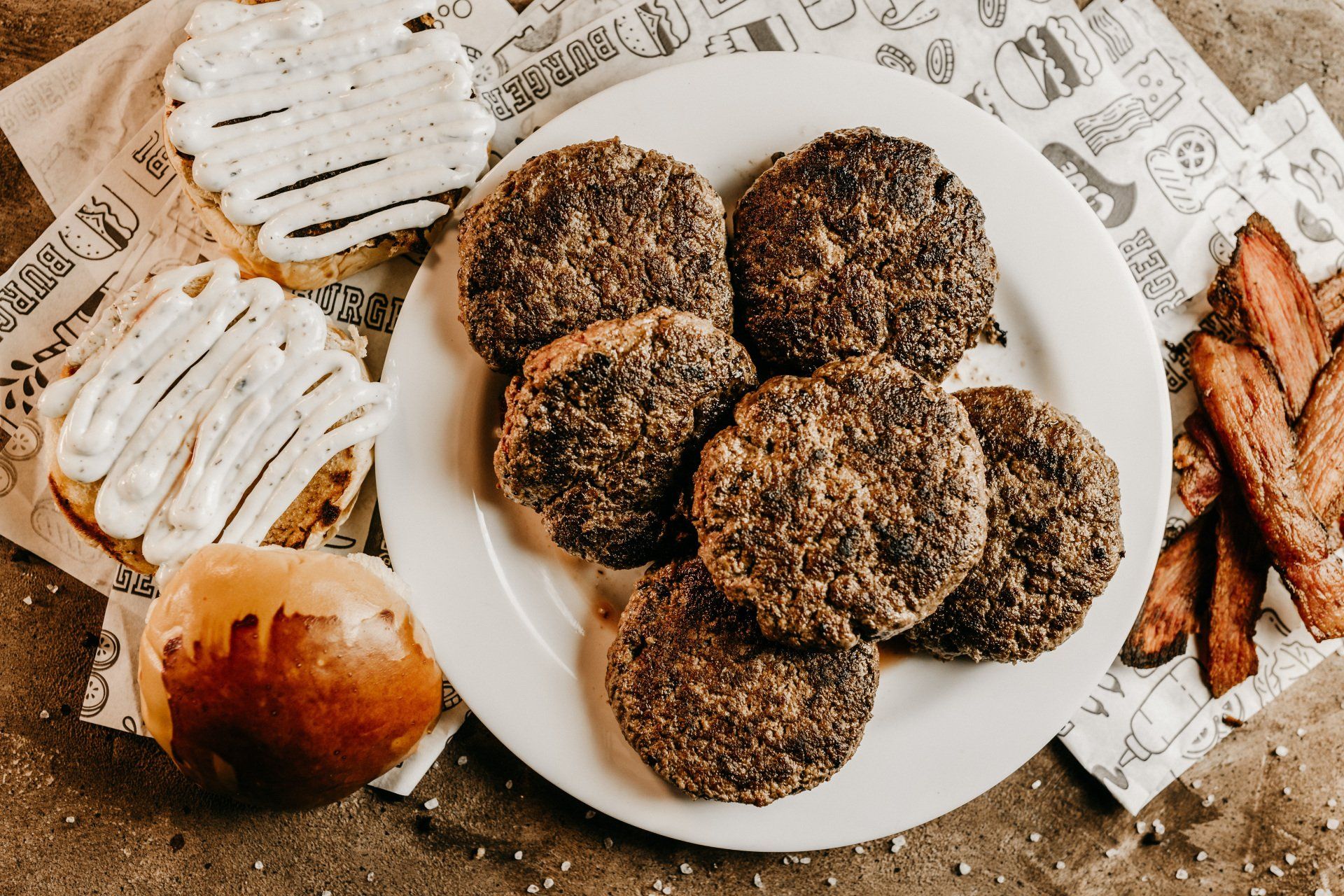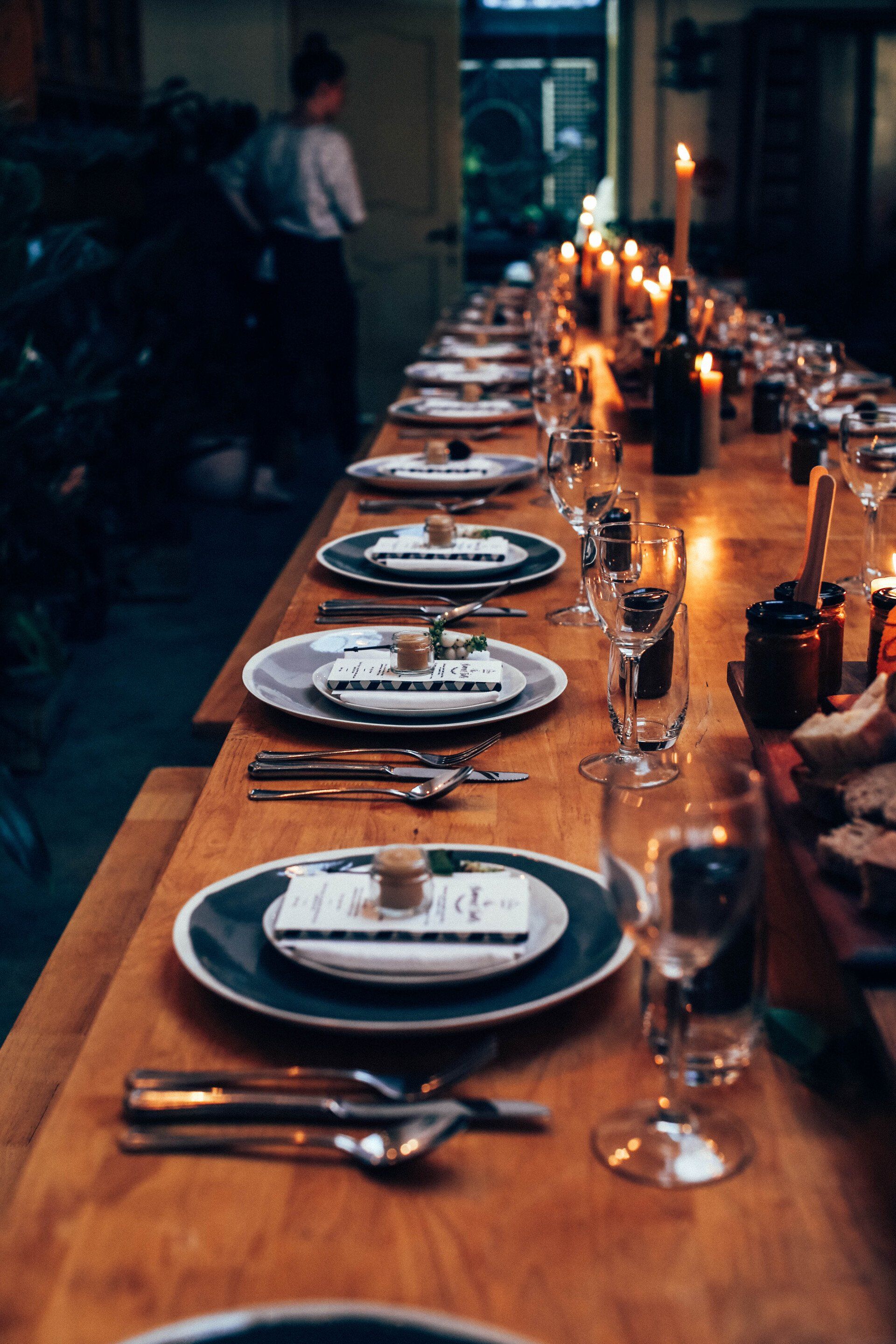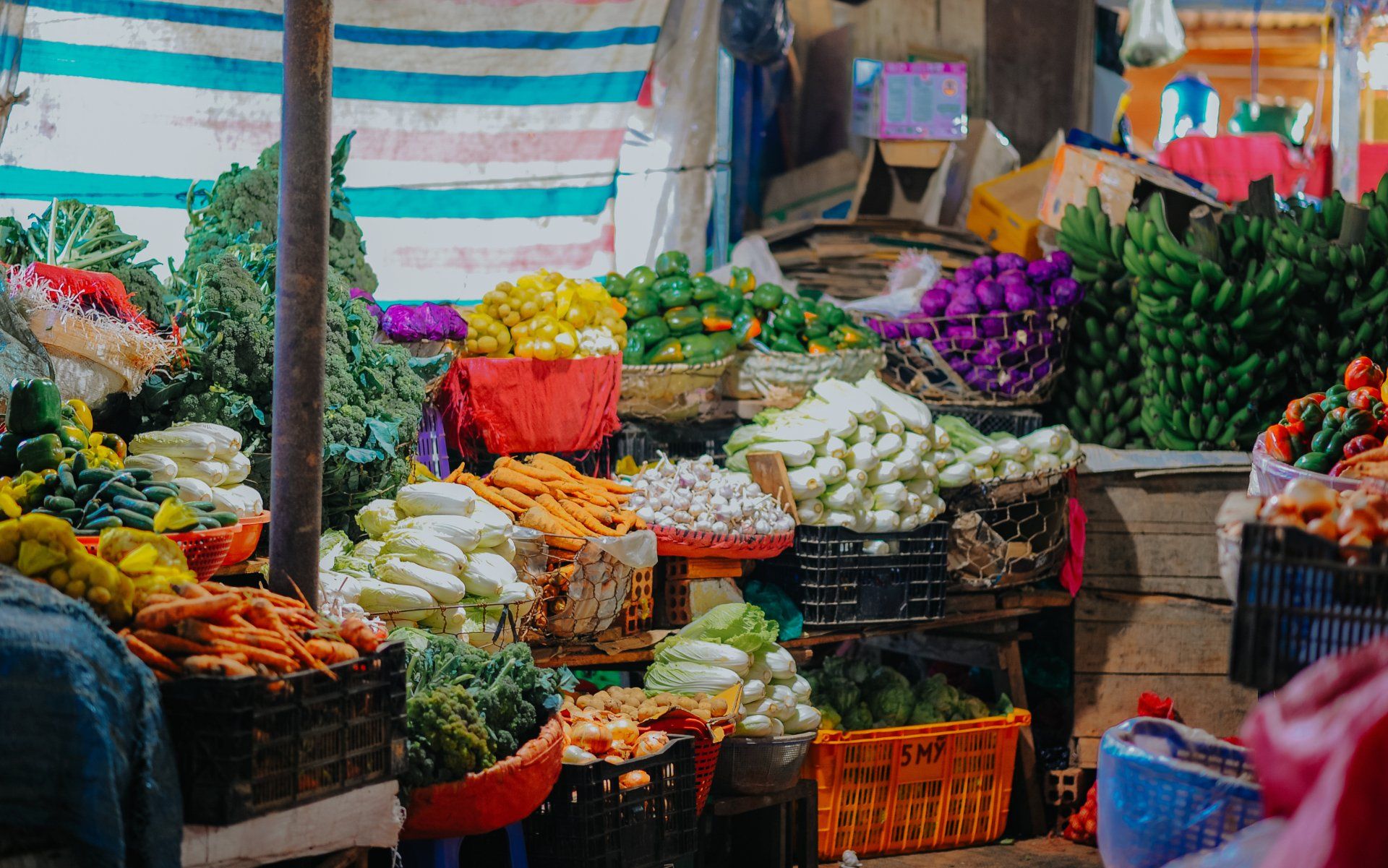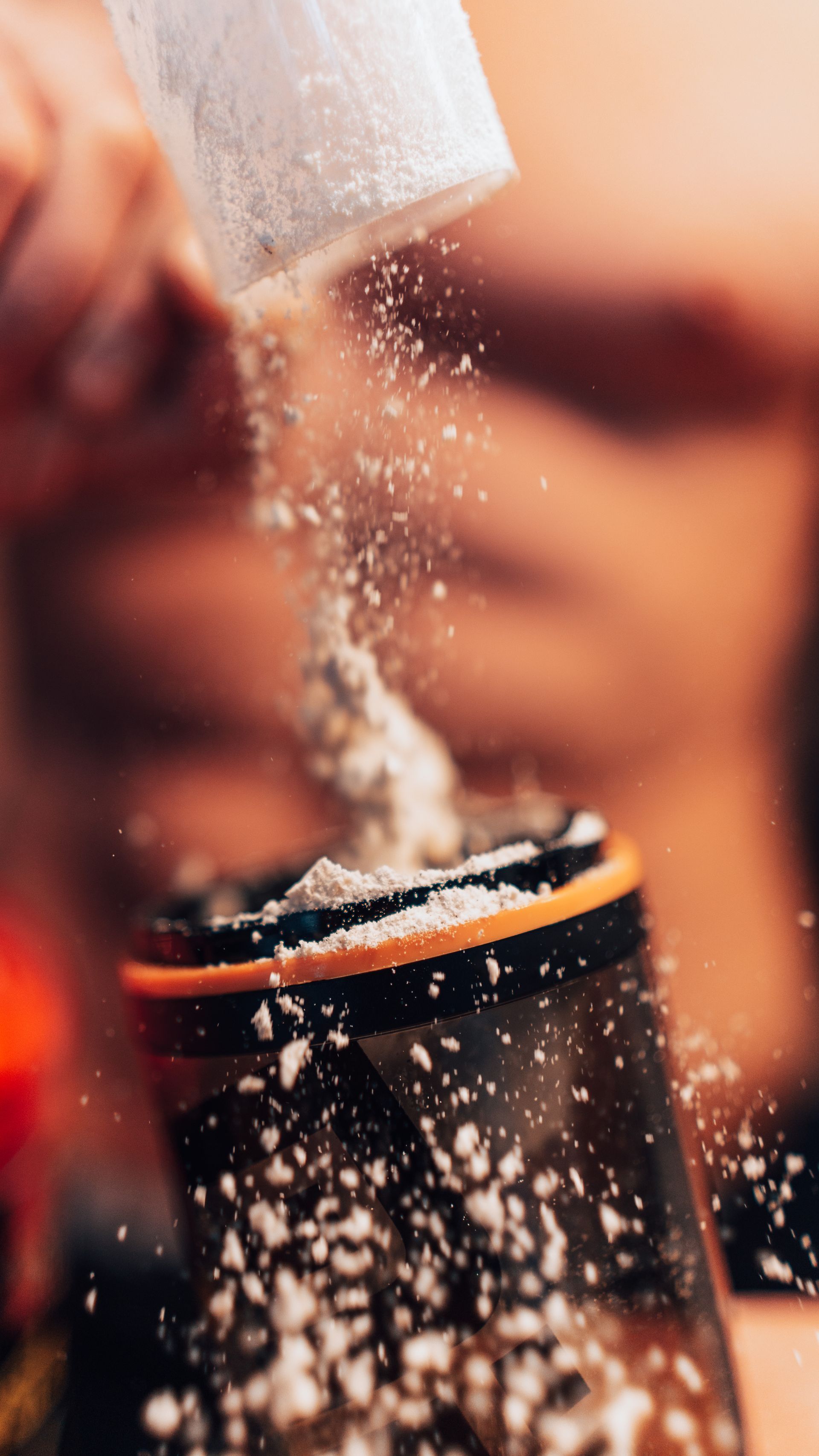Think of these questions: Why do we sleep? Why do we eat? Why do we exercise? I bet you have a pretty decent 10 word-sentence answer for each one of those. I bet you kind of enjoy answering questions like these; you can really wow someone at your next virtual party with all this information on cytokine and prostaglandin production while we sleep as a means to enhance immune function. Okay, sorry, I went nerd mode for a second, try this: Sleep is good for our immune system.
You know what’s not sexy to bring up at parties? Anything to do with poop. Seriously, it has almost become taboo in our culture to talk about an activity that most of us engage in every day. We humans have a lot of experience on the toilet! But even with all that experience, have you ever sat back and thought to yourself: Why do we poop? Are we simply just getting rid of stuff our body doesn’t want? That’s the way I always looked at it, but could there be other evolutionary reasons for doing so? What’s in poop that our bodies wouldn’t want to use anyway?
What’s In Poop?
To think about why we poop, let’s first examine what’s actually in poop. Poop is 75% water (roughly 3.5 ounces, or nearly half a cup) with some trace electrolytes (sodium, chloride) as they tend to follow water. 25% is solid matter. Of that 25%:
- 30% Dead Bacteria
Everytime we eat food, we get a “bacterial turnover” within our gut. Some bacteria die off, others grow. It’s based on the type of food we just ate. If we eat a meal with lots of fiber and carbohydrates, we favor the growth and survival of bacteria that use fiber for fuel. If we eat a giant ribeye steak, we favor the growth of bacteria that feed off of protein and amino acids, and potentially even ketones. This makes evolutionary sense, as we wouldn’t want to keep dead bacteria around in our bodies.
- 10–20% Fat
It is normal for fat to end up in our poop. However, if too much fat ends up in your stool, you get what is called steatorrhea. This is a sign of fat malabsorption/maldigestion, which can be due to celiac disease, pancreatic enzyme insufficiency, or gallbladder dysfunction (or maybe a gallbladder removal). Steatocrit, measured in a stool test, tests for how much fat ends up in your stool.
If you’re not at the point of wanting a stool test, you can simply start tracking and paying attention to your poop habits. If your stools have a lot of mucus like substance or float at the top of the toilet, that could be a sign of too much fat in your stool.
- 10–20% Inorganic Matter
In chemistry, anything termed “organic” means it has carbon-hydrogen bonds. Inorganic matter is material with the absence of those bonds, such as calcium phosphate (from bone turnover) and iron phosphate. Basically, think of any of your mineral elements (calcium, potassium, magnesium).
- 2–3% Protein
Too much undigested protein can cause gas formation. Also, too much undigested protein in the colon can lead to putrefaction, where bacteria ferment protein and create potentially harmful compounds.
Undigested protein can be the result of ingesting too much protein, problems with digestive enzymes such as low stomach acid (hypochlorhydria) or exocrine pancreatic insufficiency, or a combination of the two.
- 30% Undigested Roughage
This can mean dead gut cells (epithelial cells), digestive juices (bile, chyme) combined with food, and/or plant fiber (cellulose). The cells that line our gut regenerate quite fast, so don’t be alarmed that they’re ending up dead in your poop.
Since Fiber is a part of this 30% roughage, it can have an effect on the mass of your poop. Generally, the more fiber you consume, the larger your poops will be in terms of mass (1). What does that mean for you? The more plant material in your diet, the bigger your poops. Now, what I’m not saying is that adding fiber will be the end-all be-all for constipation. Making stools larger does not always translate to easier bowel movements (Check out this article for 3 simple tips for constipation).
Poop to “Detox”
This isn’t a 10-day detox kit, or some fancy, expensive tea to drink, but poop is one of the. “clearing houses” for things our body doesn’t want. For example, excess hormones. The microbiome plays a huge role in regulating the level of steroid hormones (testosterone, estrogen) within our body. Excess estrogen hormone gets eliminated through our stools, but certain types of gut-bacteria actually allow estrogen to be re-circulated throughout the body.
Now “re-using” hormones may sound like efficiency to you, but think of it this way. If the body was trying to clear those excess estrogen hormones, it had a reason for doing so. Having too much estrogen can lead to health challenges in both men and women, hence why it gets eliminated in poop. The current theory is that the types of bacteria with the ability to re-circulate estrogens are seen more in “unhealthy” individuals (2). This could be termed a dysbiotic microbiome.
Read any health blog these days, and they will likely mention the negative impact heavy metals (arsenic, cadmium, aluminum, mercury, etc) have on our health. Well, guess where a lot of heavy metals leave the body? With a first class ticket in our poop. Our microbiome plays a similar role that our liver does in terms of eliminating heavy metals.
Think Back to Cavemen
There is not a more vulnerable position for humans than on the toilet engaging in number two. Not only are you exposing parts of your body normally covered-up, but if you think back to caveman times, sitting down left a man defenseless and off guard, open for attack. In that case, pooping must be extremely important if cavemen put themselves at risk to do it. Even paleolithic people must have loved their privacy.
Or, maybe sitting down gave man a time for reflection and deep thought. Hence the stereotype of people reading the news while on the toilet. There are very few opportunities throughout the day for people to be alone with their own thoughts, so you kind of need to take them when you get them. I can even imagine, for the people of the paleolithic era, toilet time was very sacred. Now, it’s binging tik-tok videos…oh how far we’ve come.
This may have more than you bargained for when it comes to poop talk. That doesn’t discount the importance of understanding why we poop. Understanding that it’s a way for our body to get rid of excess hormones, drug metabolites, and dead bacteria. Next time you find yourself on the commode, you can now appreciate why you’re there.
As always, Trust in Your Gut.
Disclaimer: The contents of this article are for educational purposes only, and are not intended to diagnose or treat any condition. Do not apply any of the information in this article without first speaking with your doctor.



